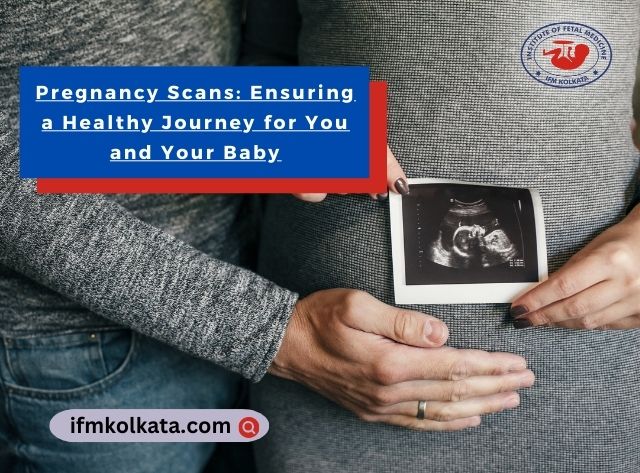A high-risk pregnancy is one that poses potential health risks to the mother, baby, or both. Proper management of these pregnancies is crucial for the best possible outcome. This article explains how high-risk pregnancies are managed and what expecting mothers can do.
What Defines a High-Risk Pregnancy?
High-risk pregnancies may arise due to maternal age, pre-existing health conditions, pregnancy complications, or fetal issues. Examples include:
- Diabetes or hypertension
- Multiple pregnancies (twins, triplets)
- History of miscarriage or preterm birth
- Advanced maternal age (35 years or older)
- Placenta previa or other placental issues
Steps in Managing High-Risk Pregnancy
- Regular Monitoring: Frequent prenatal visits with specialized ultrasounds (like fetal echo, growth scans) and lab tests.
- Specialist Care: Referral to a maternal-fetal medicine (MFM) specialist or high-risk pregnancy clinic.
- Lifestyle Modifications: Balanced diet, appropriate physical activity, stress management, and avoiding harmful substances.
- Medications and Supplements: Managing existing conditions and supplementing with folic acid, iron, or others as needed.
- Birth Planning: Coordinated plan for delivery, possibly including early delivery or caesarean section depending on the condition.
Role of the Mother
- Follow medical advice strictly.
- Attend all scheduled appointments.
- Monitor symptoms and report any concerns immediately.
- Maintain healthy habits and seek support for emotional wellbeing.
While a high-risk pregnancy needs more care and attention, with proper management, many mothers deliver healthy babies. Close collaboration with healthcare providers is key.










